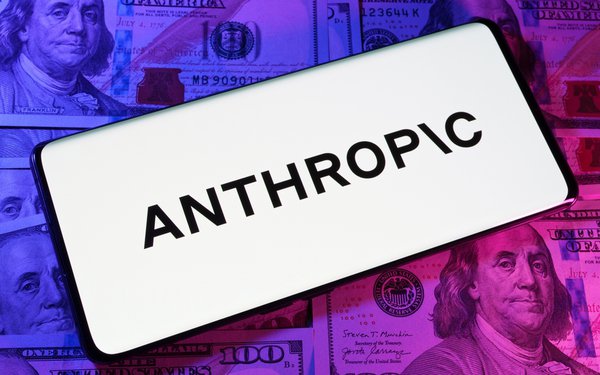
Artificial intelligence company Anthropic is
seeking to immediately appeal a judge's rejection of its fair-use defense to claims that it infringed copyright by downloading pirated books in order to train the chatbot Claude.
That decision, issued by U.S. District Court Judge William
Alsup in the Northern District of California, "addresses novel and consequential legal questions about the proper fair-use standard in the context of copyright-infringement challenges" to generative
artificial intelligence technology, and warrants immediate review by the 9th Circuit Court of Appeals, Anthropic says in papers filed this week.
The company's request comes in
a copyright infringement lawsuit brought in August 2024 by the authors Andrea Bartz, Charles Graeber, and Kirk Wallace Johnson. They alleged in a class-action complaint that Anthropic infringed
copyright by using published books to train its large language model.
advertisement
advertisement
"Anthropic’s immense success has been built, in large part, on its large-scale copyright theft," the
authors alleged.
Anthropic argued to Alsup that using books to train large language models is fair use -- regardless of whether the books were purchased legally or downloaded
from piracy sites.
Alsup only partially agreed with Anthropic. He ruled late last month that the company did not infringe copyright by using books it bought to train Claude was
a fair use because it was "exceedingly transformative."
But he sided against Anthropic regarding allegations that it also downloaded pirated books, ruling that the company
couldn't claim fair use regarding those downloads.
Anthropic essentially argues in its motion for an immediate appeal that questions about fair use shouldn't hinge on how it
acquired the books. The company adds that it "likely would have prevailed on its fair use defense," had Alsup accepted that argument.
Anthropic notes in its motion that judges
have disagreed over this issue. For instance, U.S. District Court Judge Vince Chhabria recently sided with Meta in a copyright infringement lawsuit brought by
authors who alleged that the company downloaded books from free online "shadow libraries" that contained pirated material, and used the content to train the large language model Llama.
The company adds that a decision in its favor by the 9th Circuit could save resources.
"If Anthropic is correct that initial unauthorized downloading of books
from third-party websites should not preclude its fair use defense (as Judge Chhabria held) -- and in fact, should play little if any role in the analysis -- then judgment will likely be warranted for
Anthropic given its highly transformative use of those works," the company argues.
"That result would avert a trial that may be unnecessary or that will have to be redone under the correct
legal standard," Anthropic adds.
Anthropic alternatively is asking Alsup to reconsider his ruling.